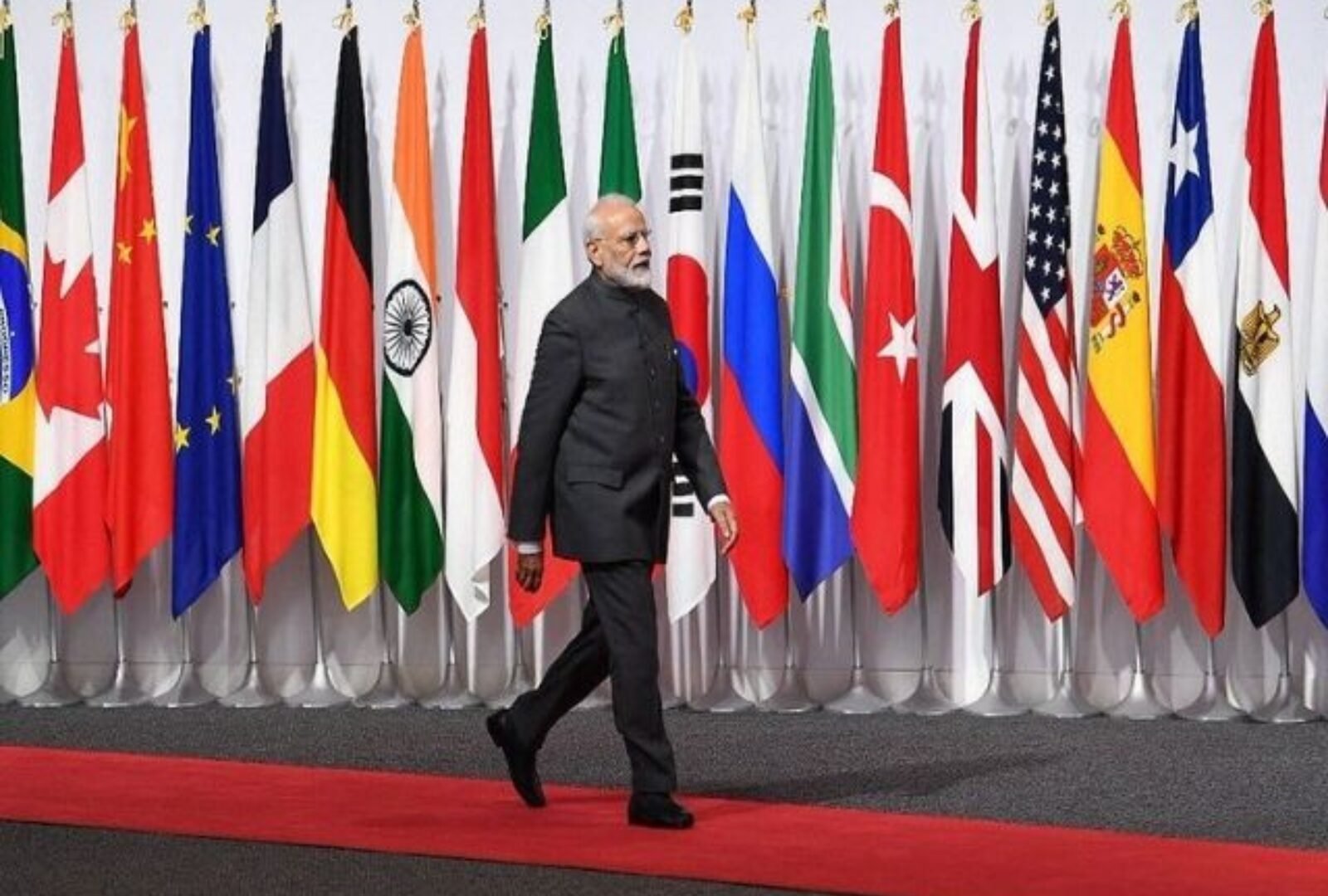Non Cooperation Movement – Now vs Then: Has the Indian Audience changed?
This spirit of saying ‘no’ to things that are not right has been there since the time when India was under foreign rule, and it still echoes on the busy streets of present-day India. This shows how people coming together and saying ‘we won’t accept this’ has a powerful impact and here is why, we still think of the non-cooperation movement in India, still relevant even post-independence; no matter who rules the state/ entity/ or country, for say.
This story is not just about one protest or movement; it’s a story that repeats itself in different ways. Sometimes it’s people boeing Bollywood, and other times it’s people loudly protesting against what they think is wrong. It’s like a strong message that says, “We won’t agree to things that treat us unfairly.”
"
From the past to the present, this spirit of standing up together against injustice is an important part of India’s journey. It’s like a constant reminder that when people join their voices, they can make a big difference.
- Table of Content
- Before Independence
- After Independence
- Final Thoughts
Creating a harmonious and productive office environment is paramount in the modern corporate world, where work demands are often relentless.
Surprisingly, one of the most effective ways to achieve this is by inviting a touch of nature indoors.
With their lush foliage and vibrant colors, office plants have emerged as powerful allies in enhancing the workplace experience.
They do more than just add aesthetic appeal; they are pivotal in promoting productivity, improving physical and mental health, alleviating stress, and nurturing creativity.
Here, we’ll delve into how introducing a touch of greenery can significantly enhance your office environment. From boosting the well-being of everyone inside to creating a more pleasant workspace, the benefits are substantial.
Let’s discover the many benefits of bringing nature into your workplace.
Before Independence
Key Movements that Shaped India's Destiny
- Non-Cooperation Movement (1920-1922)
- Civil Disobedience Movement (1930-1934)
- Quit India Movement (1942)
India’s journey to independence is marked by pivotal movements, each a chapter in the nation’s struggle against colonial rule. These movements, driven by a spirit of non-cooperation, civil disobedience, and a collective call to quit foreign dominance, became significant milestones in India’s quest for freedom.
Be it Non-Cooperation Movement (1920-1922) In the early 1920s, under the leadership of Mahatma Gandhi, The Civil Disobedience Movement, initiated with the iconic Salt March in 1930 or even the Quit India Movement of 1942 emerged as a powerful call for the British to leave India immediately.
India has always been vociferous if it didn’t accept any ideology. And the way has always been peaceful against the powerful forces and marking and revealing the strength of united nonviolent protest.
Related Article: India on 2023: Top 10 things that India showcased in G20 Summit
After Independence
Beyond the Chains of Colonialism
Boycott Bollywood: Backlash on Nepotism
In recent times, the word “boycott” has become a frequent headline, echoing across industries and igniting passionate debates.
In the Indian film industry, calls for boycotts against perceived biases or insensitive portrayals can act as a wake-up call for filmmakers. It serves as a reminder that audiences are discerning and hold creators accountable for the messages they convey.
The frustration with nepotism reached a boiling point in 2020 following the tragic death of actor Sushant Singh Rajput. While the circumstances surrounding his death remain unclear, many fans blamed Bollywood’s culture of nepotism for contributing to his struggles and eventual demise.
This sparked a wave of online anger, with calls to boycott films featuring star kids trending on social media under the hashtag #BoycottBollywood.
And at worst, what happened was, Bollywood became a victim of bad business, where producers hardly made any money barring some. It was only during last year, when Bollywood made some exciting business.
This is not at all, we are all aware of the Maldives vs Lakshadweep Debate. So Who would you choose?
Maldives vs Lakshadweep Debate
Following Mr. Modi’s recent visit to the Indian territory, a number of Indian social media users urged travellers to visit Lakshadweep rather than the Maldives, sparking a dispute that broke out last week.
‘#BoycottMaldives’ began trending on social media, prompting fierce reactions from Maldivians. At least three Maldivian politicians were among those to react, calling out Mr Modi and criticising Lakshadweep.
During his official visit to the islands in the first week of January, the Prime Minister engaged in adventurous activities on the immaculate beaches, where he was spotted snorkelling.
Quoting Mr. Modi, “Lakshadweep should be on the itinerary of “those who wish to embrace the adventurer in them.”
His supporters brought up the Maldives, an island nation that is well-liked but pricy for Indian tourists, even though he and his government had not mentioned it. Supporters of Mr Modi called for Indians to shun the Maldives and instead visit Lakshadweep.
Thus, #BoycottMaldives’ began trending on social media. So much so that… In a week, once a popular holiday destination was now popular for all wrong reasons, facing rapid fall on its country’s tourism economics.
Former sports minister of Maldives Ahmed Mahloof admitted that any form of boycott by Indian tourists will intensely impact the economy of Maldives.
Online travel company EaseMyTrip has even suspended all flight bookings to the Maldives and according to some reports , over 8,000 hotel bookings and 2,500 flight tickets have been cancelled over the last few days.
The Shubh Concert
The boycott was sparked by Shubh sharing a distorted map of India on his Instagram story in January 2023, for which the singer was slammed massively on social media.The singer later deleted the map and replaced it with a message that read “Pray for Punjab” without any picture.
Since the controversy, Virat Kohli, along with fellow cricketers KL Rahul, Shubhman Gill and Hardik Pandya, have unfollowed the singer on Instagram.
Not only this Book my Show, cancelled all the concerts of Shubh in India, and brand Boat cancelled its sponsorship for the singer.
Final Thoughts
Is the Indian audience different now than then? Perhaps. The methods and targets of dissent have diversified, but the core principle remains the same – a resolute refusal to accept the status quo when it falls short. This spirit is not limited to grand movements; it manifests in everyday decisions, choices, and expressions of disapproval.
In conclusion, the enduring echo of non-cooperation is a powerful reminder of the Indian spirit. It’s a message to the world that Indians will not be easily swayed, manipulated, or silenced. It’s a celebration of the right to dissent, a commitment to challenge the status quo, and a constant striving for a better future. And that, ultimately, is what makes the Indian audience truly unique: a force to be reckoned with, a voice that cannot be ignored, and a spirit that burns ever bright in the pursuit of justice and progress.
Subscribe to new post
The One Liner
Useful Links
Order Related Queries
Useful Links
Order Related Queries






